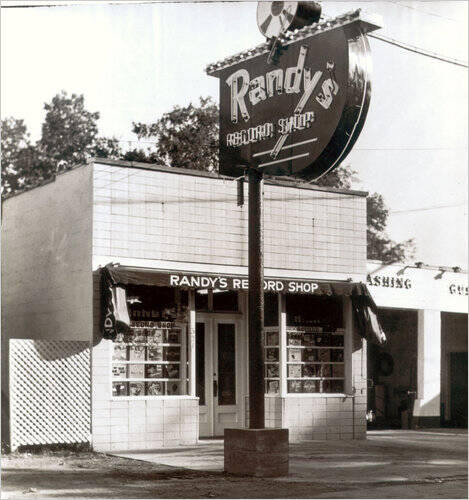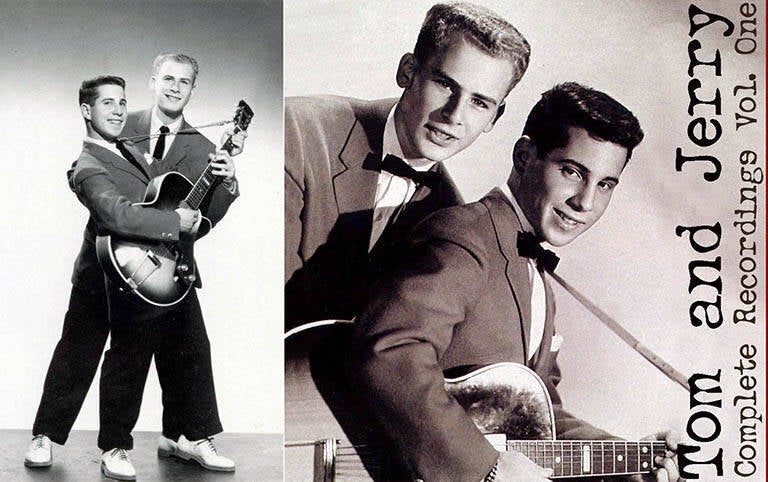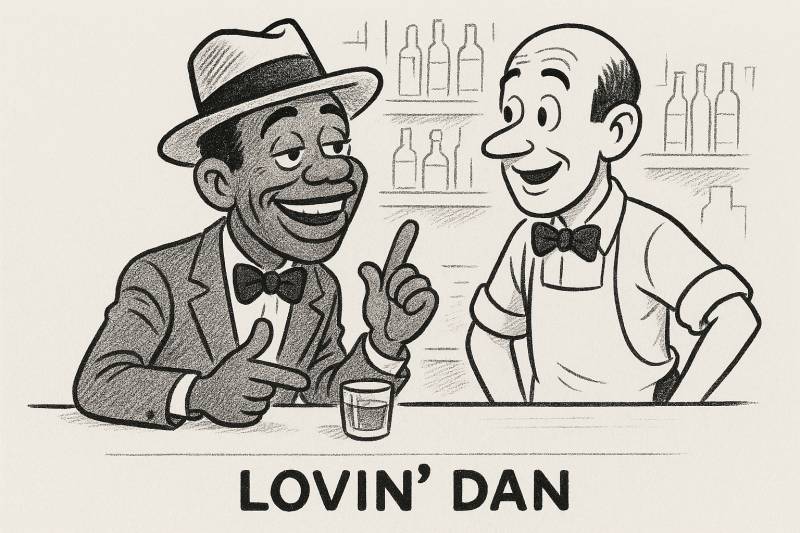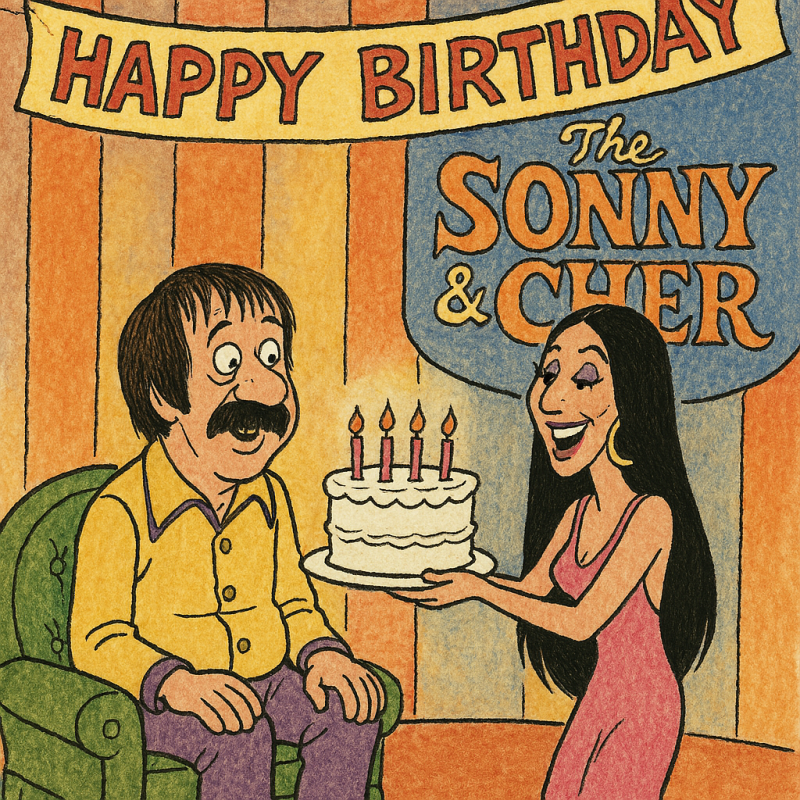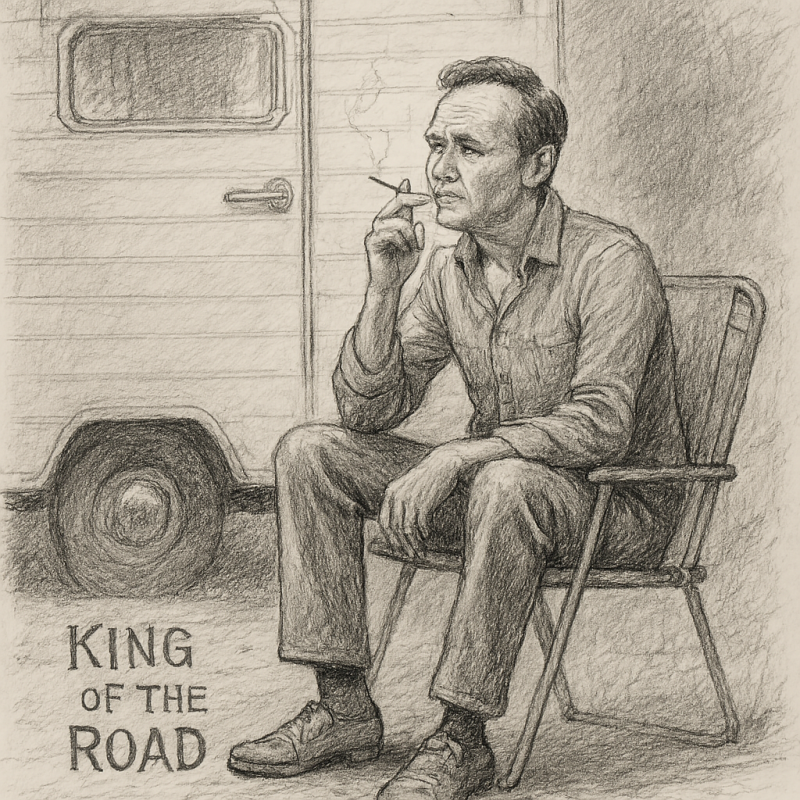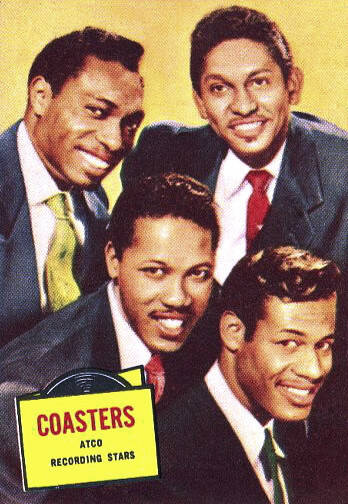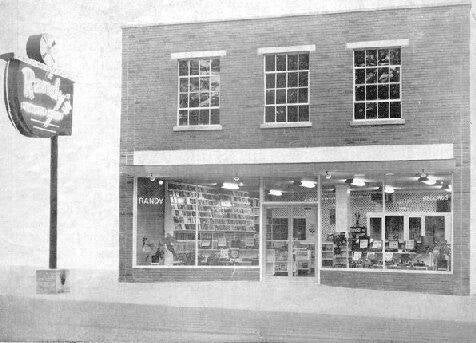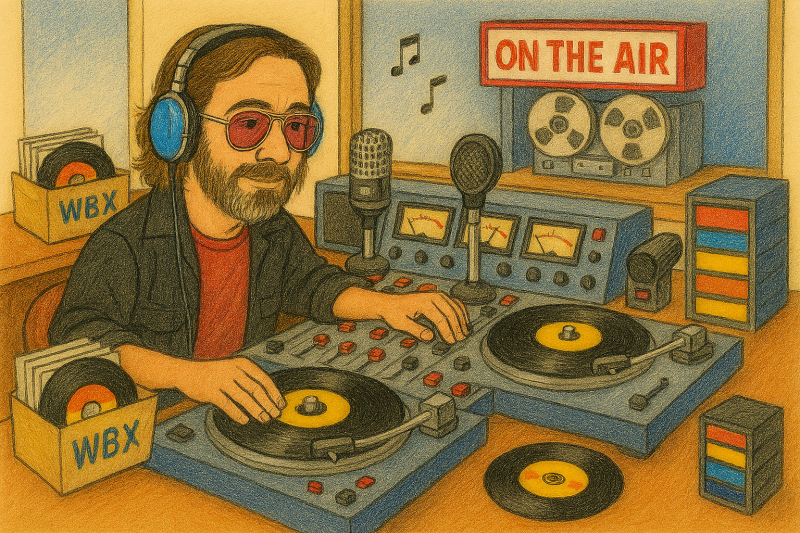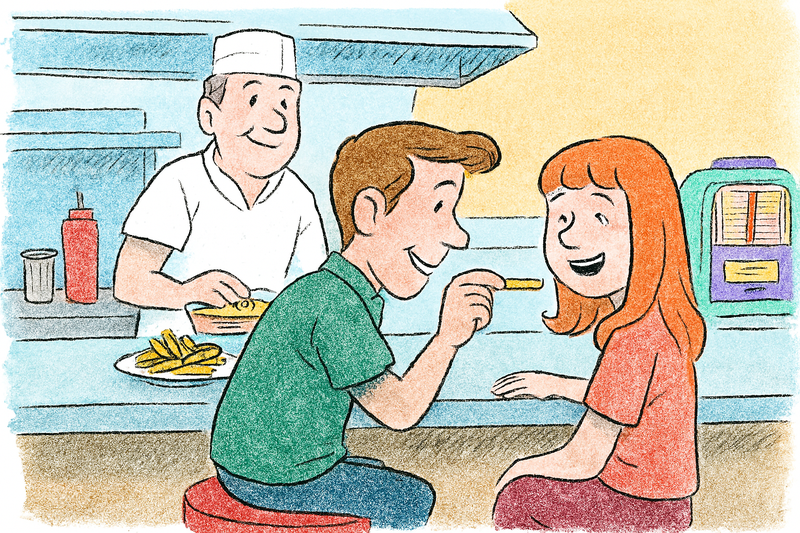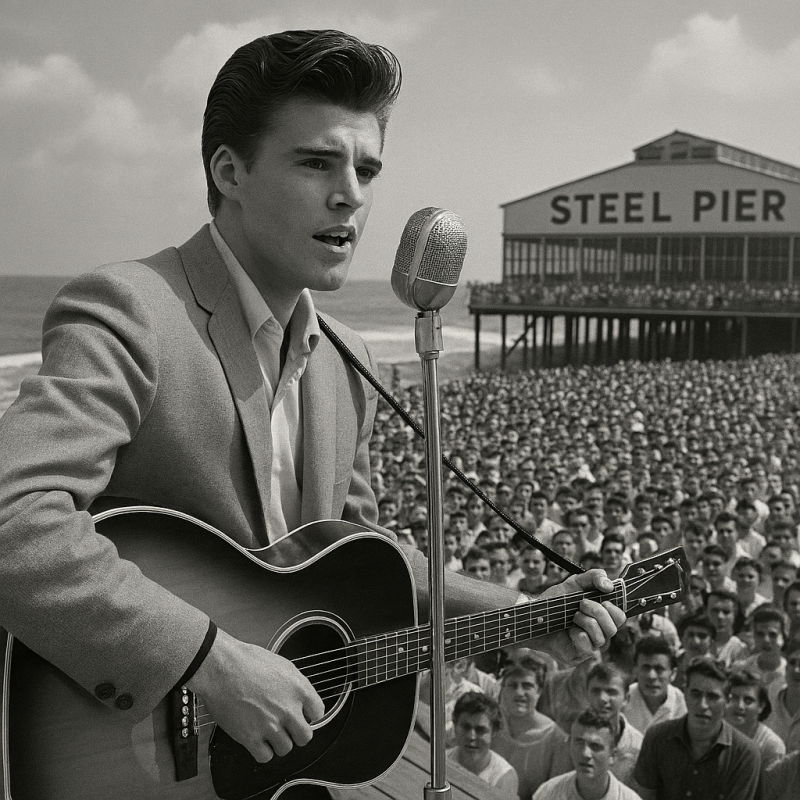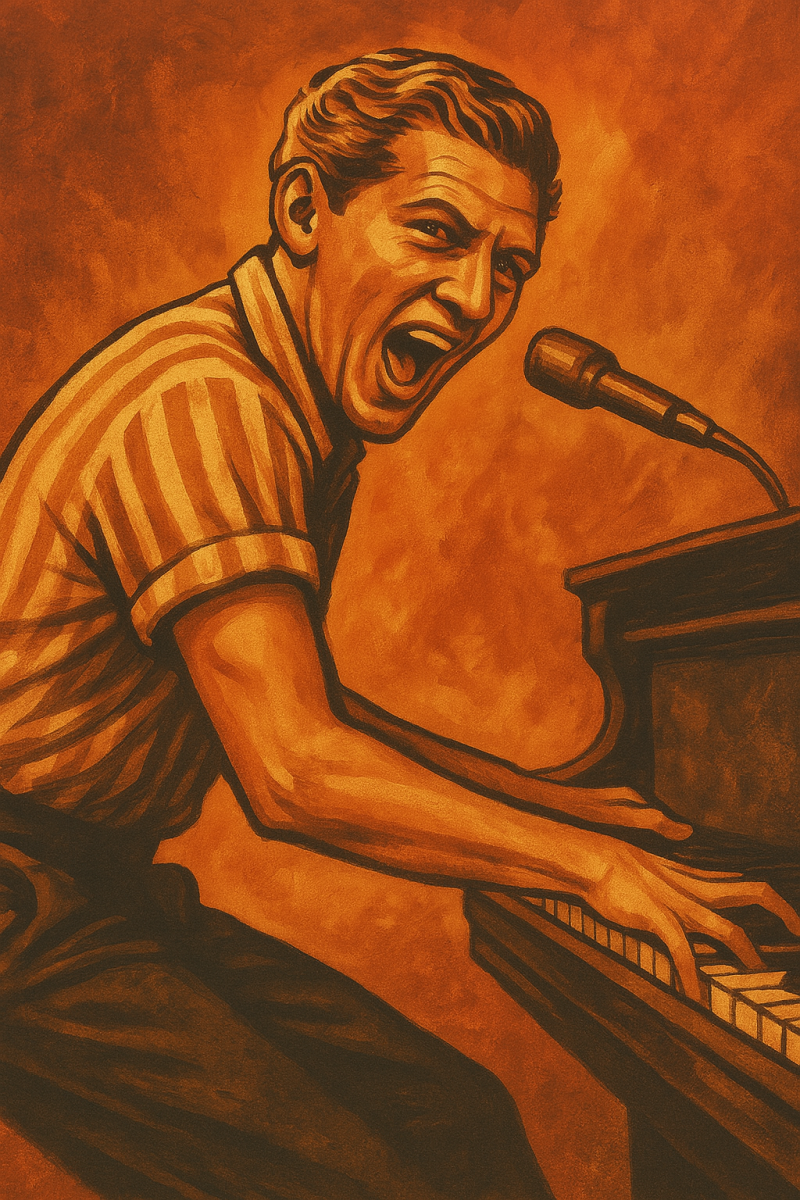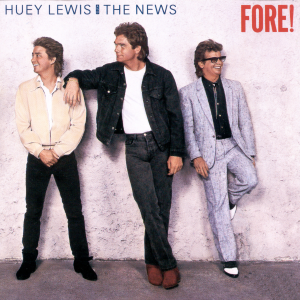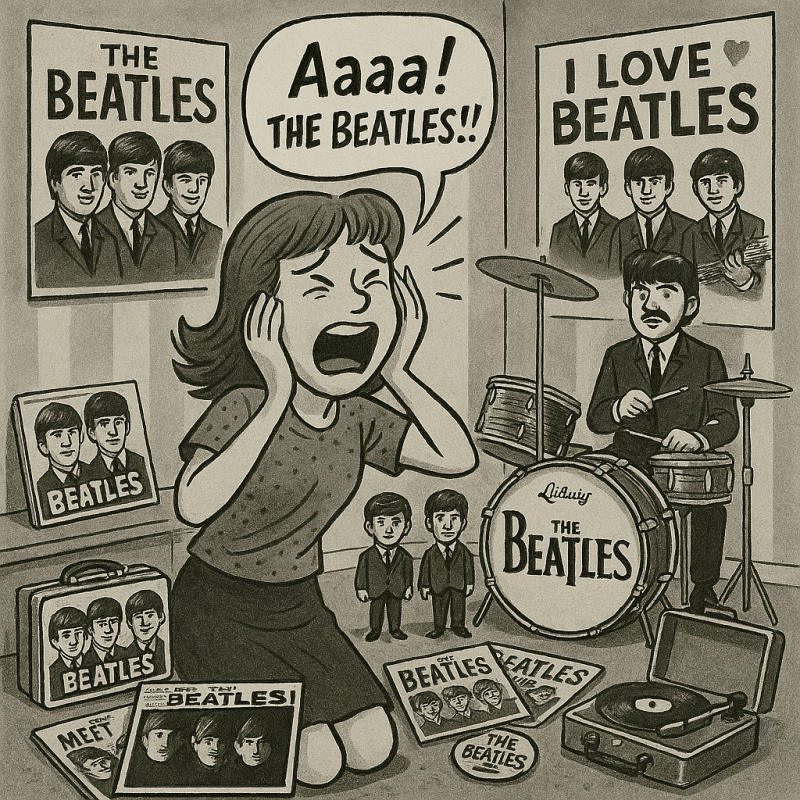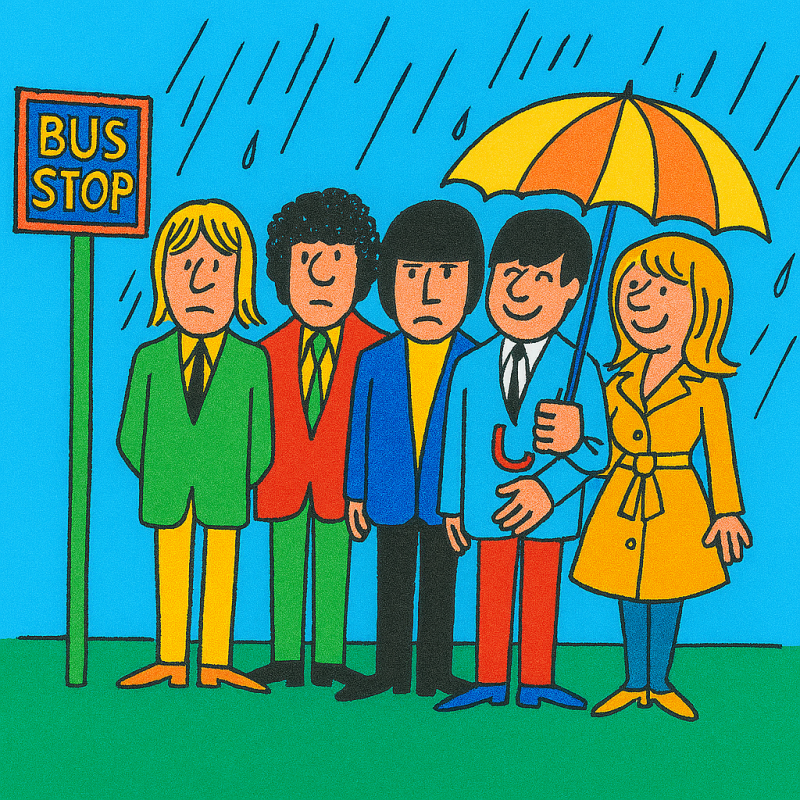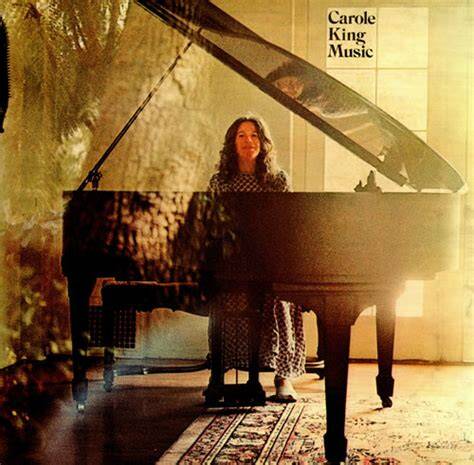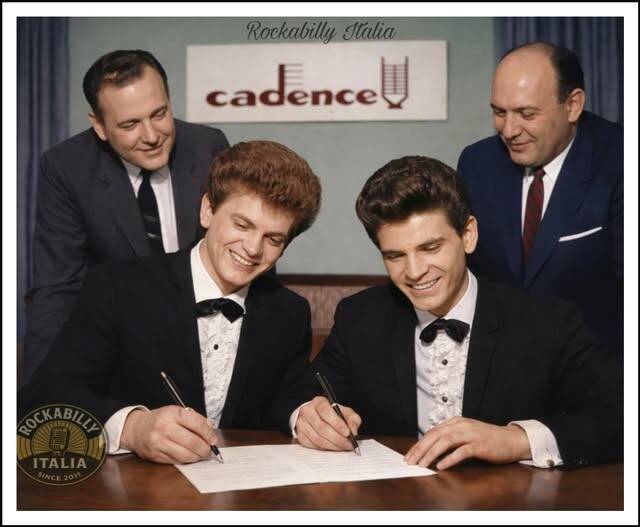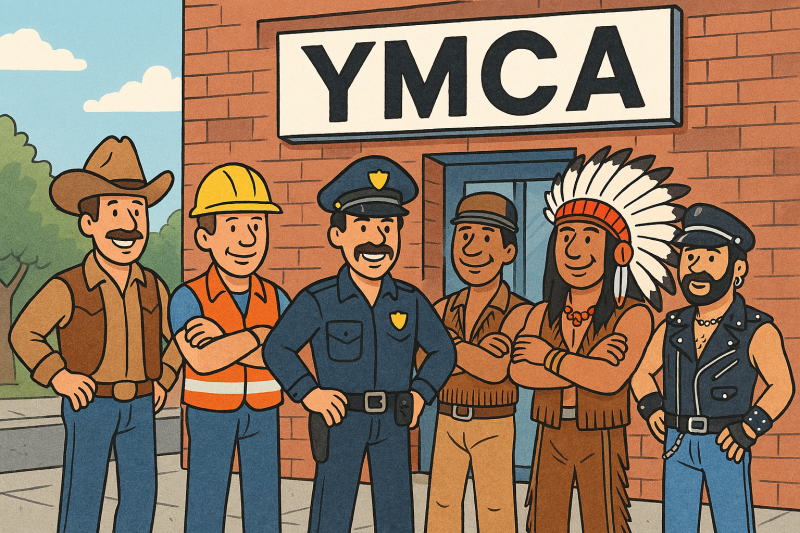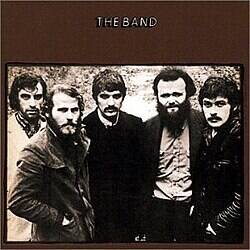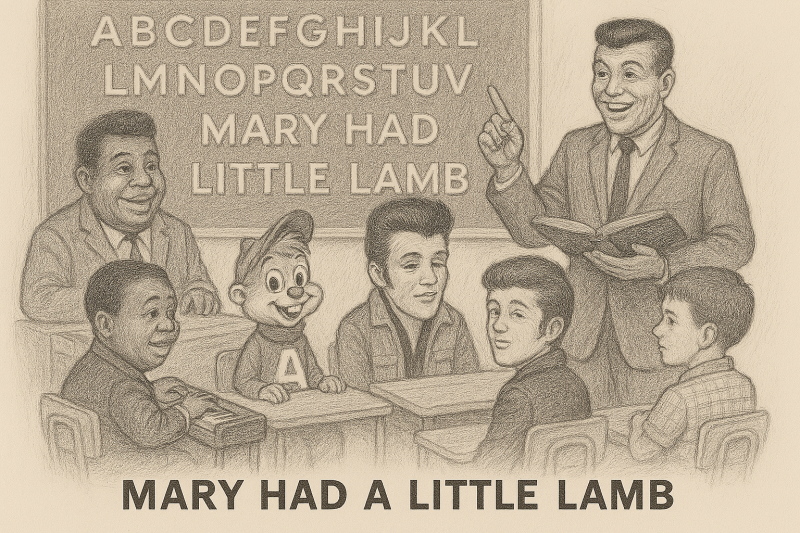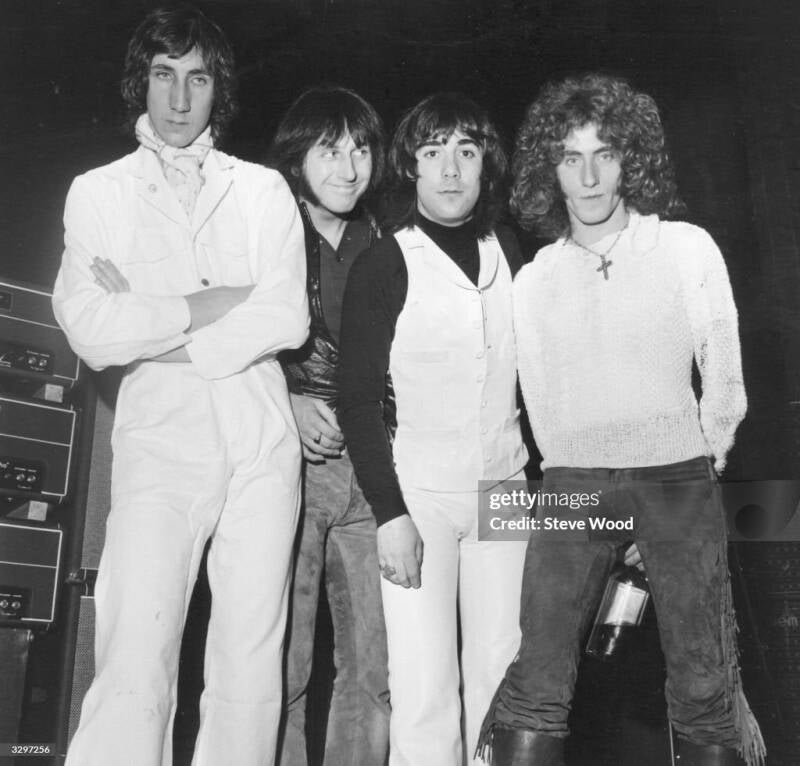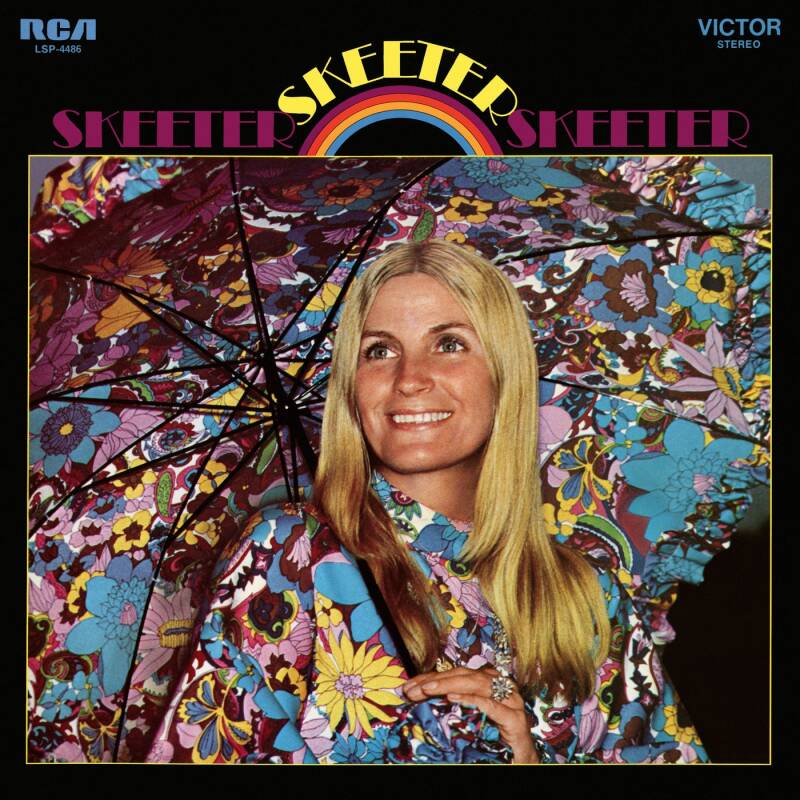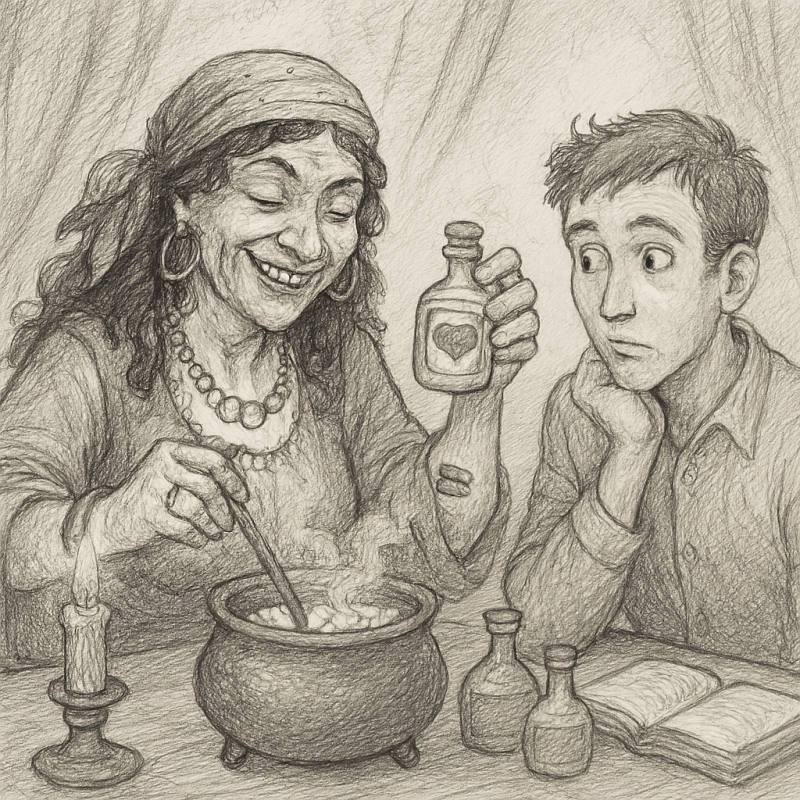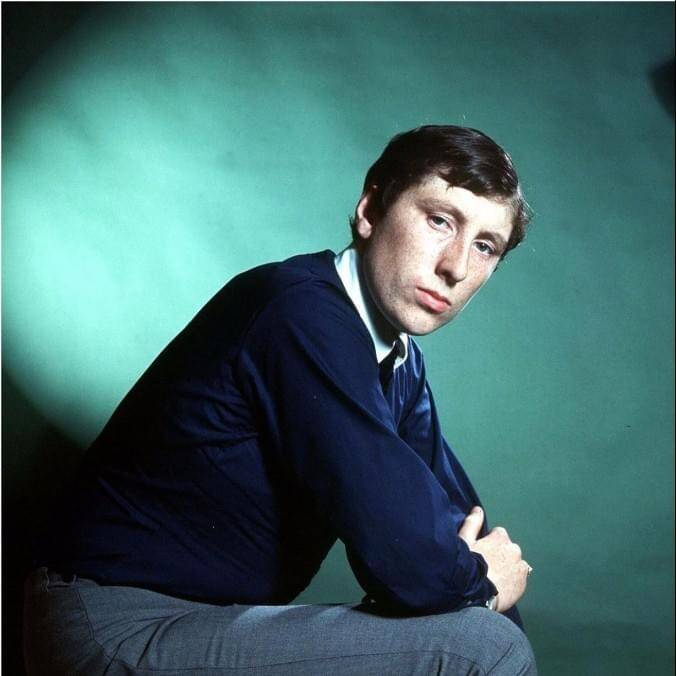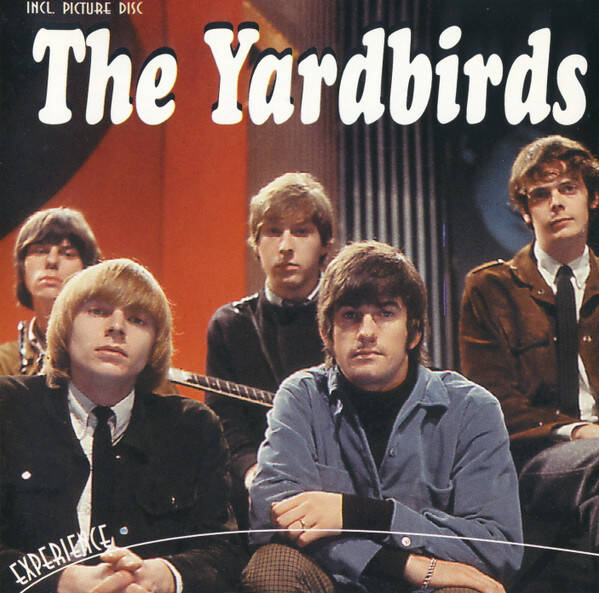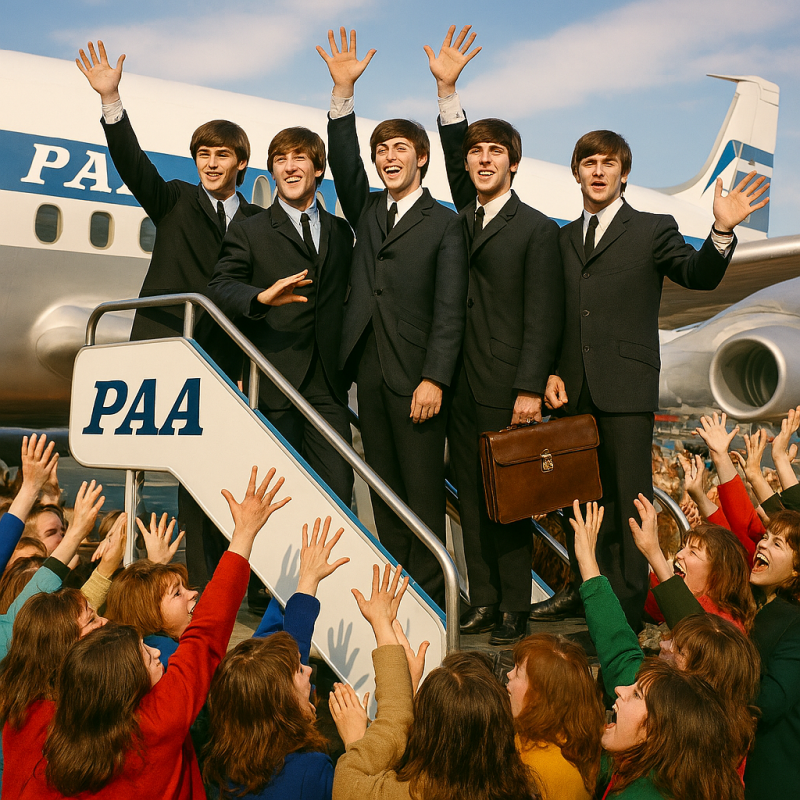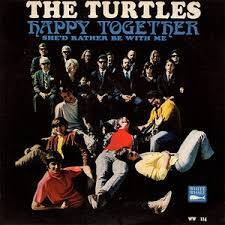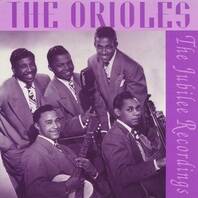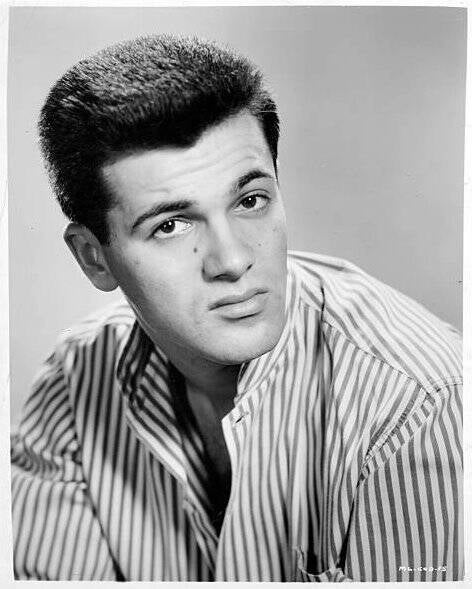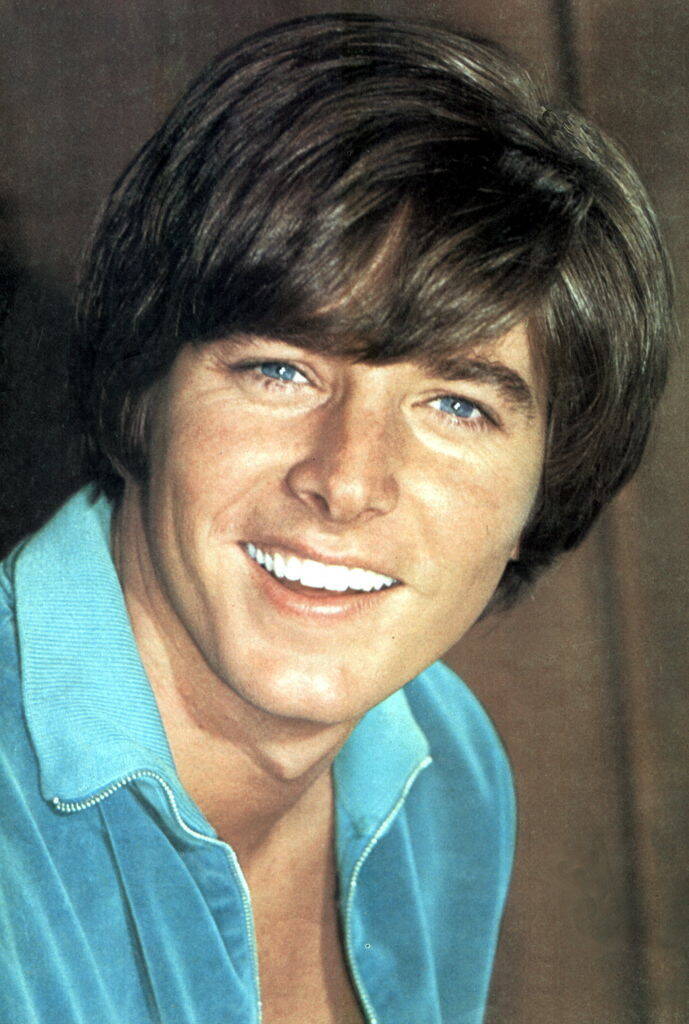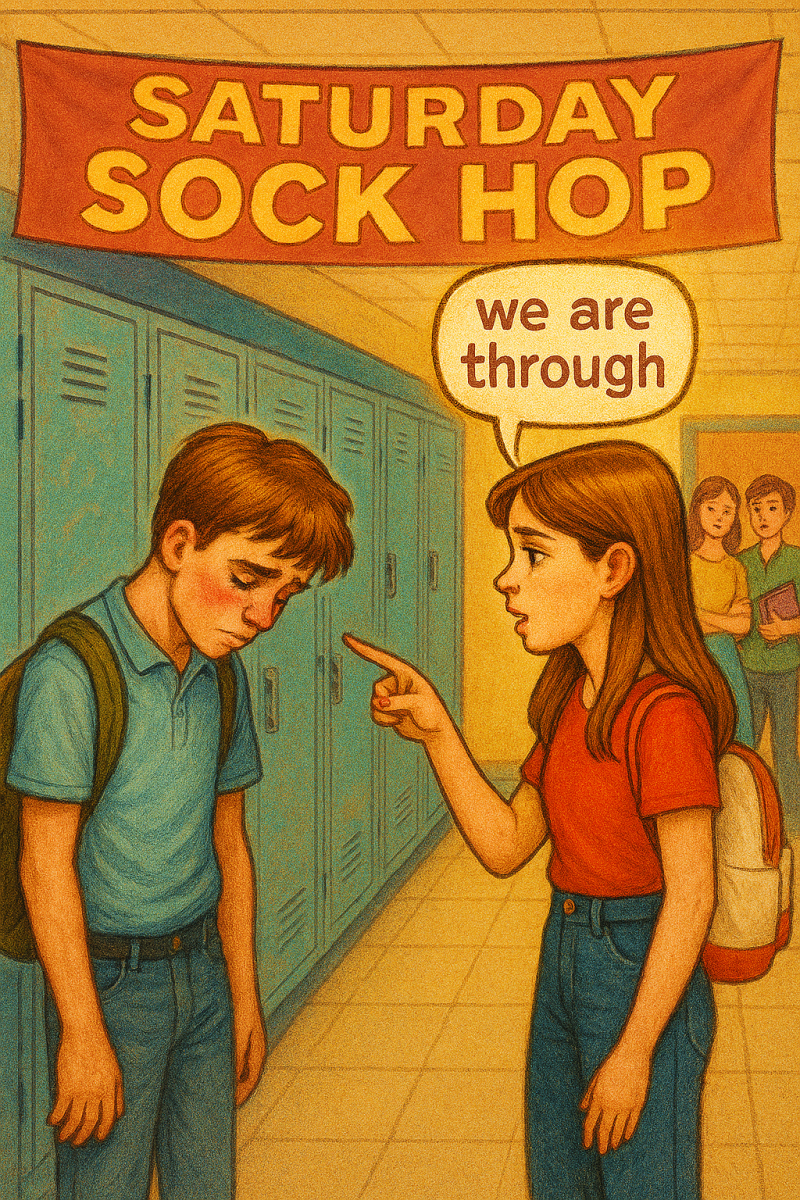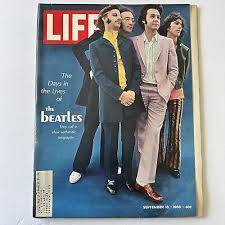Gold Star Oldies Radio Spring Vacation Feb. 24 thru March 4th No News Updates
February 2026
1
Black History Month

A Brief History of Black Heritage Month
Black Heritage Month traces its origins to the early 20th century, when historian Dr. Carter G. Woodson recognized that the achievements of Black Americans were largely ignored in mainstream history. In 1915, Woodson founded the Association for the Study of Negro Life and History (later ASALH) to promote the study of Black history and culture.
In 1926, Woodson and ASALH launched Negro History Week, choosing the second week of February to align with the birthdays of Frederick Douglass and Abraham Lincoln, two figures deeply connected to Black freedom and civil rights.
Check Out the Station Directors they have been Updated
DOT Records
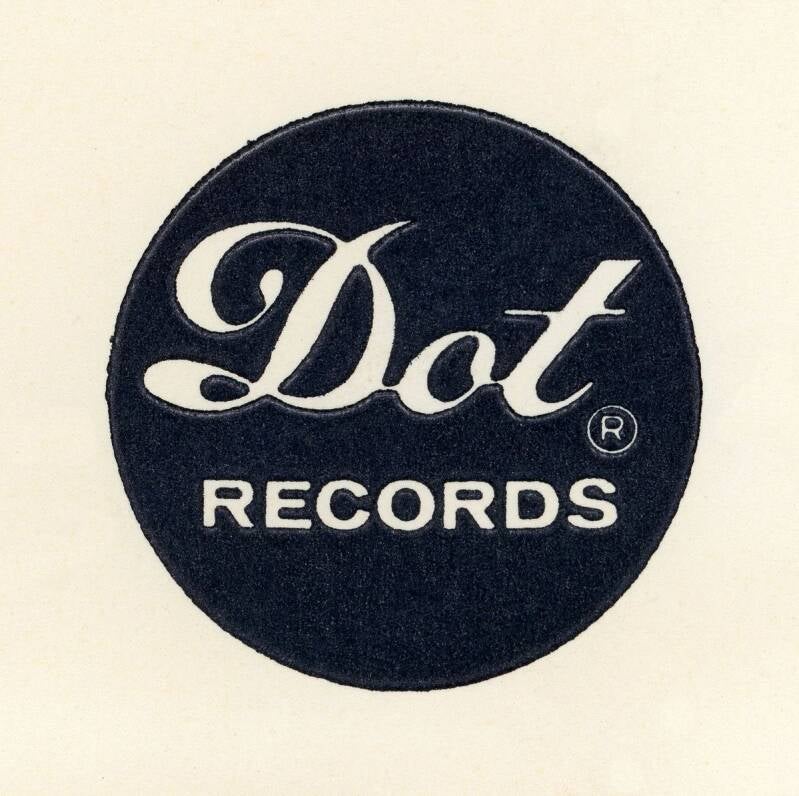
DOT RECORDS — THE TRUE ORIGINS (1950–1953)
Dot Records didn’t start as a national pop label. It began as a tiny Gallatin, Tennessee operation founded by:
🎙️ Randy Wood
- A radio engineer and record-store owner
- Ran the “Record Shop” in Gallatin
- Took listener requests from WLAC’s 50,000‑watt nighttime R&B broadcasts
- Noticed that many of the songs listeners wanted were not available on records
So he did what any great early‑50s entrepreneur did: He started a label to fill the gaps.
Broadcast Bulletin (Daily Updates)
Album Showcase
Birthdays
Vault Vinyl's
Beatles and Elvis
Legacy and Lore
Visual Archives
Gold Star Oldies Radio Steaming Directories
Legends Remembered & Celebrated — Gold Star Oldies Concerts and Tributes
Birthdays Singers and Song Writers
Early Beatles News

Music News For The Week
February 20, 1949 — Eight-year-old Ricky Nelson, with his 12-year-old brother David, joins the cast of his parents' popular radio show The Adventures of Ozzie and Harriet, which makes the leap to television in 1952.
February 21, 1964 — The Rolling Stones release their first single in the United States, a cover of the Buddy Holly song "Not Fade Away."
1982 — New York disc jockey Murray "The K" Kaufman, who calls himself the "Fifth Beatle" and whom Rolling Stone dubs "the most ambitious of the great rock & roll disc jockeys," dies of cancer at age 60.
February 23, 1963 — The Beatles' first U.S. single ("Please Please Me") is released by Chicago's Vee-Jay Records, which misspells their name as "Beattles." The disc gets little attention until the company reissues it one year later when Beatlemania surges and “I Want To Hold Your Hand” climbs to the top on Capitol Records. Rolling Stone eventually places "Please" at #186 on its of list of 500 Greatest Songs of All Time, but it disappears after the 2010 edition.
February 24, 1956 — For the first time in the rock and roll era, Cleveland police shut down a rock concert under an obscure 1931 law that prohibits people under 18 from dancing in public without a guardian.
February 25, 1956 — Representatives from 15 major radio markets meet in New York City to form the National Rhythm and Blues Disc Jockey Association of America. The organization's immediate concerns include controlling offensive song lyrics and payola for disc jockeys.
February 26, 1917 — The first jazz record, "Livery Stable Blues" b/w "Dixie Jass Band One-Step," is recorded by the Original Dixieland 'Jass' Band on Victor Records in New York. It sells a million copies over the next eight years, sharply changing the course of popular music.
1954 — In one of the earliest instances of an anti-rock and roll backlash, Rep. Ruth Thompson (R-Michigan) introduces legislation in the U.S. House of Representatives banning the mailing of any "obscene, lewd, lascivious or filthy" record. Convicted offenders would pay fines up to $5,000, be jailed for five year, or both. The bill fails to pass.
1955 — LaVern Baker appeals to her Congressional representative, Charles Diggs, Jr. (D-Michigan), to push Congress to revise copyright law to ban cover records from using arrangements that duplicate the original. She alleges she has lost $15,000 in royalties to white singers Georgia Gibbs and Vicki Young, whose discs copied hers. Baker's efforts are no more successful than the previous year's obscenity legislation.
— Billboard magazine reports that 7 inch plastic 45 r.p.m. records have surpassed 10 inch shellac 78s in sales.
1990 — Cornell Gunter (right), an original member of the Platters and former lead tenor for the Coasters, is shot to death in his car in Las Vegas at age 53. The brother of Shirley Gunter of the Queens and the Flairs, Cornell was inducted into the Rock and Roll Hall of Fame with other Coasters members in 1987.
Sources:
Eight Days a Week (Ron Smith)
On This Day in Black Music History (Jay Warner)
Chronology of American Popular Music, 1900-2000 (Frank Hoffman)
calendar.songfacts.com
onthisday.com/music
Segment Features
Visual Archive

